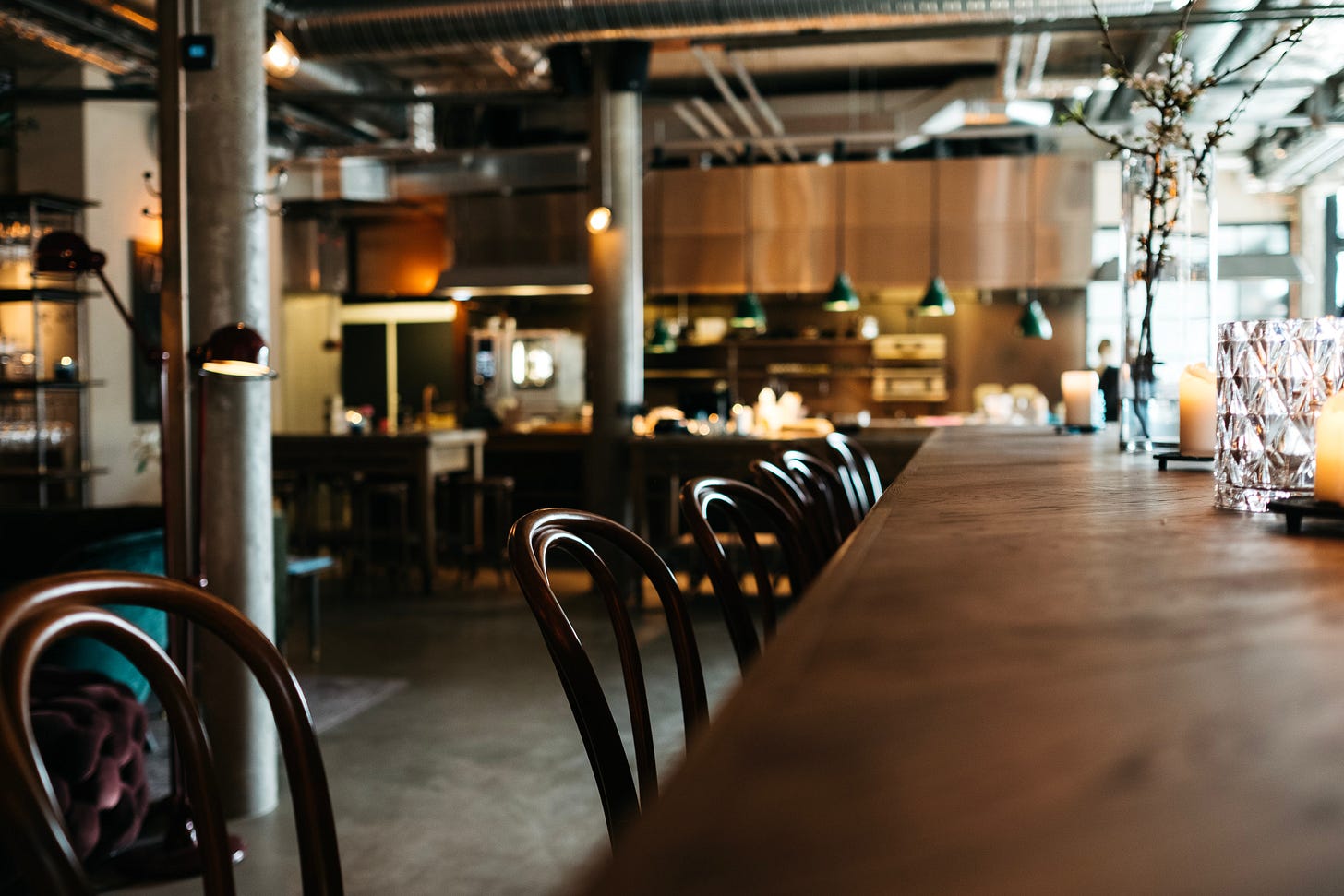I am sitting in a coffee shop, working at my laptop. But I grow distracted by a conversation I overhear between two people near the fireplace. They are sharing a newspaper. They turn page after page, discussing their opinions (strong) and their beliefs (opposed to mine) on the current state of the pandemic.
The longer I listen, the more my impatience grows. Don’t they see how wrong they are? How misinformed? I weigh the pros and cons of speaking up or staying silent. I should get back to my work, but now I’m frustrated and fuming.
Suddenly we are all interrupted. A young employee from the coffee shop turns from where she is mopping the floor, and she recognizes one of the newspaper readers.
Their eyes light up with delight. They know each other but haven’t seen each other for months. Conversation flows and flows, stories and news and laughter. I am swept up by the wave of their joy. I am buoyed by the grace of their connection.
Suddenly I am brought back to the moment right before. The moment in which I was so full of judgment that I had no room for anything else.
I did not notice the employee mopping; I could not catch her eye or engage her in conversation or thank her for her work or ask how today was going. I missed out on the possibility of the present moment because I was caught up in my own story.
In which I was the Hero and the Others were the Enemy.

In this coffee shop, some people were wearing masks and some were not. Surprisingly, it does not matter for the purposes of the story. In fact, I would encourage you to read it one way, picturing certain characters with masks and others without. Then I would ask you to go back and reread it, assigning the opposite roles.
See what happens. The lesson stays the same.
Humans are meaning-makers by nature. We are knit by narratives. But the danger of our self-protagonizing is that we can become convinced that our own story is Scripture, sacred and sacrosanct.
Last summer I made myself conduct a self-experiment. I decided to turn the tables and learn what The Other Side thought about Covid. I switched all my usual news sources. I unmuted Facebook friends who were serial posters about opposite viewpoints. I caught and corrected my snap judgments out in public: the quick scan of the room, are you with me or against me.
I wanted to know what it felt like to believe a different story.
I came away changed. I will admit that I saw my own behavior and beliefs with fresh eyes. I reexamined my practices and positions—and I made myself keep that what-if-the-opposite-is-true perspective as a check on my actions going forward.
In some areas I doubled down on what I’d done before. I saw even more clearly how important it was. In other respects I realized I was wrong, or I hadn’t seen all sides or known the whole story.
Like any human walking the planet, I am a jumble of contradictions and paradoxes. Too often I do the thing I do not wish to do. But my thought experiment of last summer—and the flash of searing insight in that coffee shop—remind me how I miss out on moments of goodness and offerings of grace whenever my hardened heart assumes I know the whole story and I am always in the right.
What if we stopped wielding our strongest beliefs as weapons? What if we received them as gifts and asked how to use them for the common good, not for our own justification? What if we could consider new information, other perspectives, or the evergreen possibility that we might be wrong?
I once read that every time you draw a line in the sand, convinced that you are in the right and God is on your side, you will look up to find Jesus facing you from across the line, standing with the ones you have condemned. I hate this idea, and I also believe it is true.
But I caught a glimpse of Christ that afternoon in the coffee shop, standing next to the woman and her mop, enjoying the conversation between two beloved children of God. He turned to me, looking right into my face, and loved me enough to show me I was wrong.
That moment haunts me, in a holy way. As humility must.




Thank you for reminding me of what I know in my heart to be true but easily forget amidst all the noise of the world.
So convicting, especially in a time I’ve been more judgmental than ever before, and don’t like that about myself. Thank you for this opportunity to do some soul searching so I can love others better. ❤️